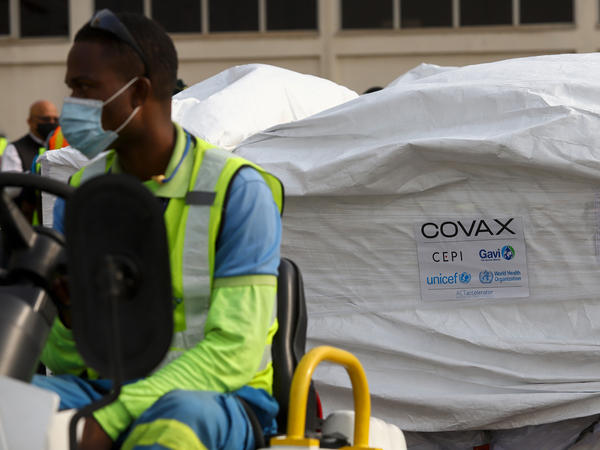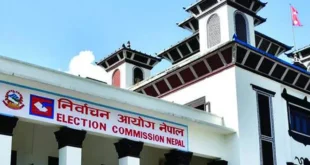Special Desk
Ghana is the first country to receive coronavirus vaccines through the Covax vaccine-sharing scheme.
Covax scheme was set up by WHO, Gavi vaccines alliance and Coalition for Epidemic Preparedness Innovations to try to prevent poorer countries from being pushed to the back of the queue, when vaccine distribution starts.
The programme was designed so that richer countries buying vaccines agree to help finance access for poorer nations. A delivery of 600,000 doses of the AstraZeneca vaccine arrived in Accra where the first recipients are due to be healthcare staff.
The programme is planning to deliver about two billion vaccine doses globally by the end of the year. Ghana, which has a population of over 30-million, was chosen as the first recipient of the free vaccines after promising quick distribution.
Vaccinations are expected to start in Ghana next week, and, as well as health workers, those over 60, people with underlying health conditions, and senior officials are due to be prioritised.

The vaccines delivered to Accra were produced by the Serum Institute of India and developed by AstraZeneca and Oxford University. The vaccine has been approved by the WHO and its roll-out in Ghana is not part of a trial.
The doses being sent to lower-income countries such as Ghana are funded by donations. As well as procuring and delivering the vaccines, Covax partners are supporting local authorities in areas such as training people to administer the jabs and helping provide an adequate cold-chain storage and delivery system.
Also Read : Tiger Woods injured but ‘Awake’
Also Read : International Conference on Comparative Law by Amity Law School
Many nations in the developed world, which began their own vaccinations months ago, have faced criticism for buying or ordering more vaccines than they need.
 Jubilee Post News & Views
Jubilee Post News & Views





